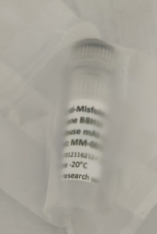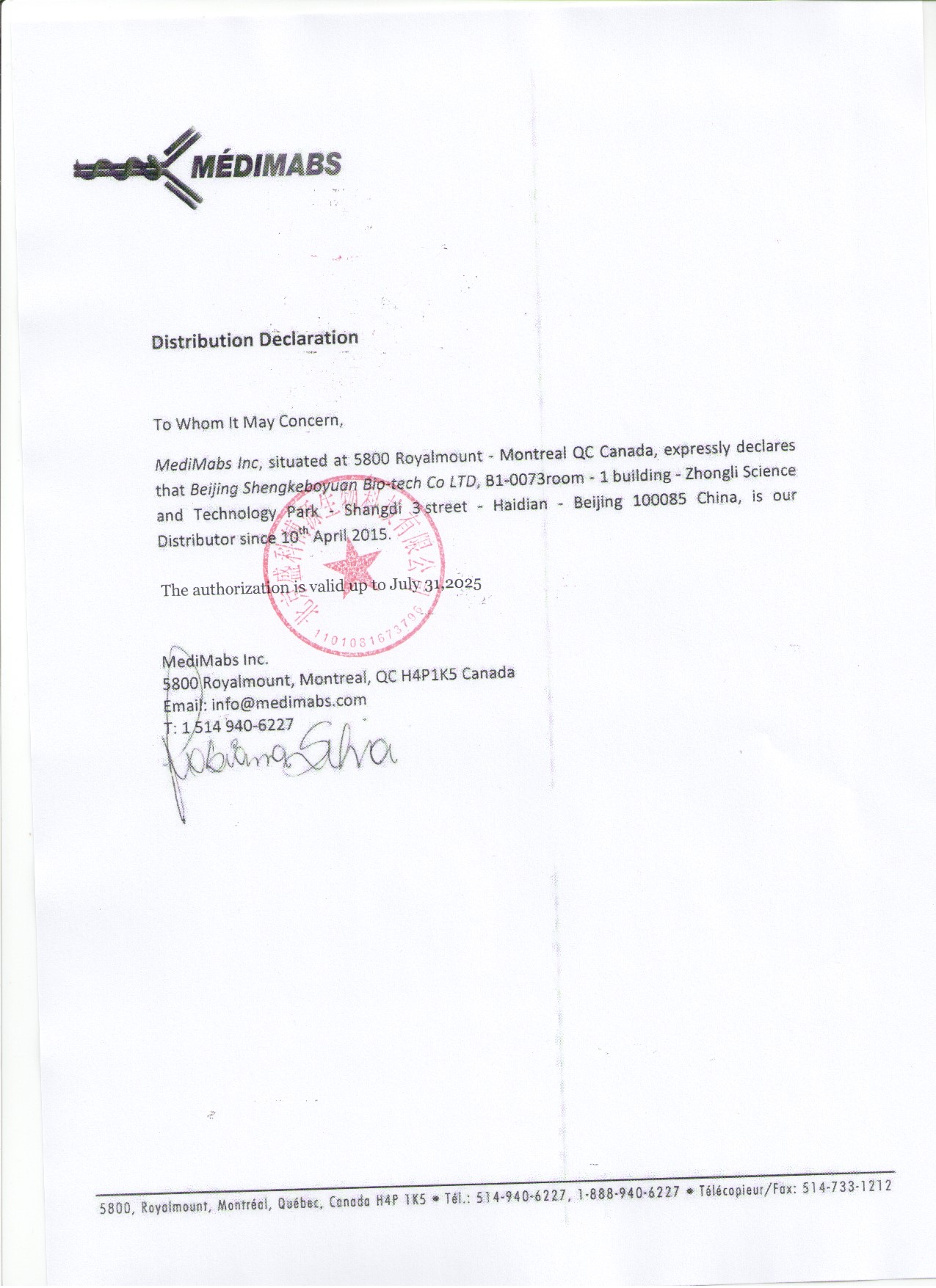 首页>
生物试剂
首页>
生物试剂
商家描述
商家资质信息
产品评价(0)
Target
Tau cleaved by caspase-6
Target background
The tau protein is a microtubule-associated protein mainly expressed in neurons, which plays a crucial role in the neuronal cytoskeleton stabilization. The main role of tau proteins is to stabilize microtubules.Tau proteins are abundant in neurons of the central nervous system and are less common elsewhere, but are also expressed at very low levels in astrocytes and oligodendrocytes. Defects in tau proteins can result in dementias, such as Alzheimer's disease (AD). AD is a neurodegenerative pathology which is characterized by the presence of two types of neuropathological hallmarks: neurofibrillary tangles (NFTs) and senile plaques. NFTs are intraneuronal aggregations mainly composed of abnormally phosphorylated Tau. In neuropil threads (NPTs), NFTs, and neuritic plaques (NPs) of severe AD brains, highly abundant amounts of active caspase-6 and tau cleaved by caspase-6 (TauΔCsp6) have been found. Caspases are a family of cytosolic aspartate-specific cysteine proteases. Sequential activation of caspases plays a central role in the execution phase of cell apoptosis. Caspase-6 has been associated with increasing β-amyloid peptide in primary cultures of human neurons. Caspase-6 has also been demonstrated to be active in NPTs, NFTs, and NPs in the hippocampus and temporal cortex in sporadic AD. Caspase-6 activation has been suggested to be an early event in AD and to precede the development of lesions.
Target alias
Microtubule-associated protein tau, Neurofibrillary tangle protein, Paired helical filament-tau, MAPT, MAPTL, MTBT1, TAU
Specificity
The antibody recognizes the sequence (KSPVVSGD) in the human tau protein. It is expected that other species displaying the same amino acid in the tau protein will be recognized by the antibody
Clone ID
---
Preservative
None
Format
Lyophilized serum
Recommend starting dilution
If reconstituted with deionized water in 50 µl: WB 1:100-1:500; IP 1:100-1:500; IHC 1:2000-1:10000. Optimal dilution has to be determined by the user.
Limitations
Research Use Only
Storage
Lyophilized antibodies can be kept at 4ºC for up to 3 months and should be kept at -20ºC for long-term storage (2 years). To avoid freeze-thaw cycles, reconstituted antibodies should be aliquoted before freezing for long-term (1 year) storage (-80ºC) or kept at 4ºC for short-term usage (2 months). For maximum recovery of product, centrifuge the original vial prior to removing the cap. Further dilutions can be made with the assay buffer. After the maximum long-term storage period (2 years lyophilized or 1 year reconstituted) antibodies should be tested in your assay with a standard sample to verify if you have noticed any decrease in their efficacy. To limit antibody loss or degradation, BSA (final concentration 1%) and sodium azide (final concentration 0.02%) can be added to the suggested first dilution. It is important to first verify if those preservatives are compatible with your assay.
 会员登录
会员登录.getTime()%>)
 购物车()
购物车()

 成功收藏产品
成功收藏产品
